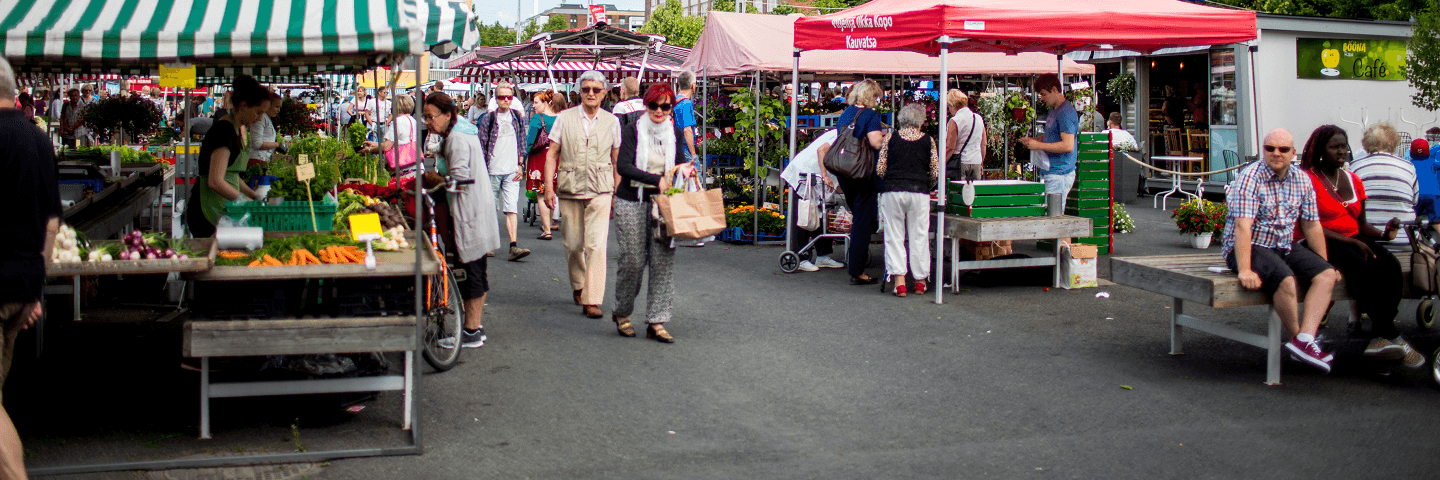
Sociology
The discipline of sociology studies social phenomena of all scales. Sociological imagination opens analytical and critical perspectives on our contemporary way of life: what we share, who and what we exclude, and what is changing right now.
Sociological research topics at Tampere University range from studying political power and rhetoric to the management of European institutions, the transformations of Finnish working life and from cultural inequalities to the economic practices of households and sociology of religion. The studies also cover issues such as the spread and diffusion of global trends in policy-making and everyday practices in homes and various organizations, including offices and research laboratories.
Tampere University has an established tradition of educating specialists on social questions. The graduates in sociology can make insightful observations on societal transformations and are adept at conceptualizing the relationships between various contemporary phenomena because they see them from an analytic distance. Tampere University’s first professor of sociology was appointed in 1947. Today, the discipline employs 12 permanent members of teaching staff, of whom two work at the Pori Unit of Tampere University. In addition to the permanent teaching staff, the Faculty of Social Sciences also employs 14 other postdoctoral researchers in sociology.
At Tampere University, all teachers in sociology are also active researchers. The discipline educates students on three levels.
- With five other disciplines, sociologists teach in the Bachelor’s Programme in Social Sciences; annually, between 80 to 100 students graduate.
- In the Master’s Programme, sociology is one of the major subjects in the study program, with an intake of up to 25 new master's students annually.
- Sociology at Tampere University provides a vibrant and ambitious research training community that educates students for the Doctor of Social Sciences degree. The Unit of Sociology is currently educating approximately 30 postgraduate students.
From August 1st 2024 onwards, the Head of Discipline in sociology is University Lecturer Hanna Rautajoki.
















